Recently, the list of winners for the 9th Science Research Excellence Award in Higher Education (Humanities and Social Sciences) has been officially announced, with a total of 1496 achievements awarded nationwide (including those from universities in Hong Kong and Macau).
Liaoning University has won three second prizes for works and papers in this selection. The specific award-winning achievements are as follows:
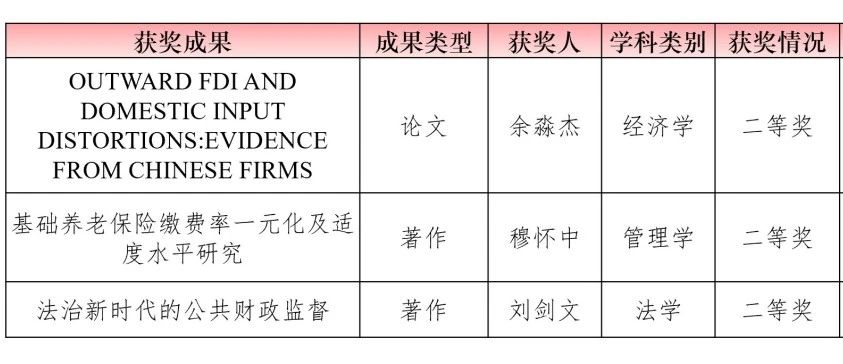
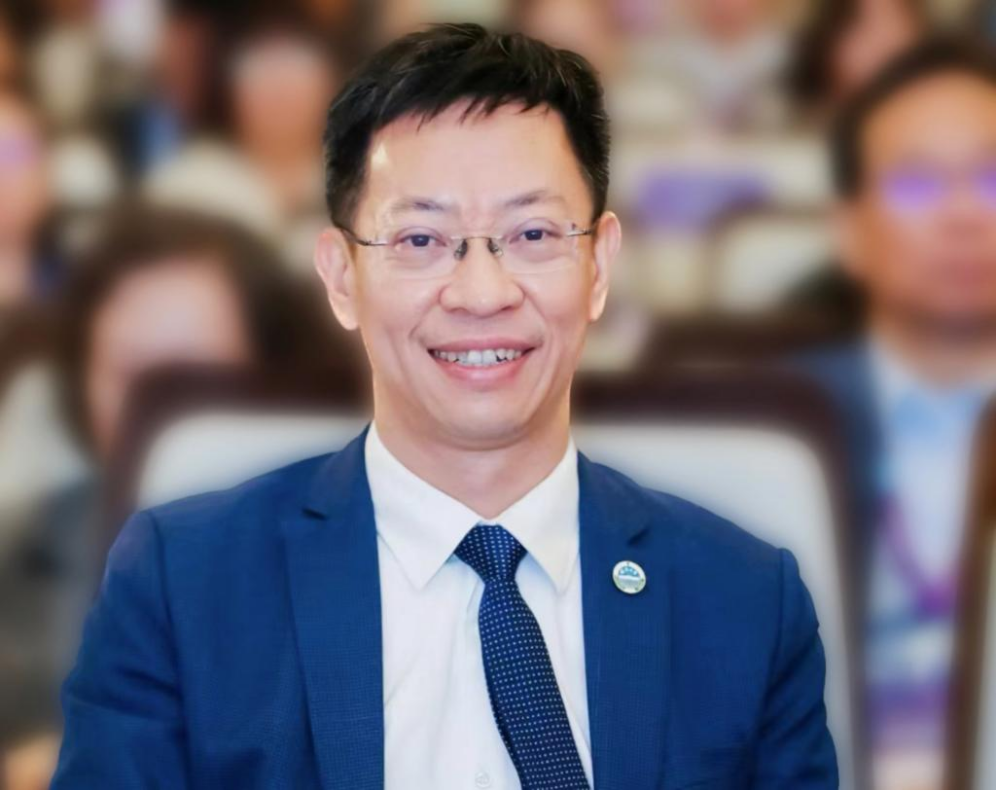
Professor Yu Miaojie's collaborative paper ‘Outward FDI and Domestic Input Distortions: Evidence from Chinese Firms’ with Professor Chen Cheng and Professor Tian Wei was published in The Economic Journal, a top economics journal. The article uses the large-scale micro-data of China's manufacturing enterprises going abroad since the new century to analyze in depth the impact of factor market distortions on the foreign trade of Chinese enterprises. The study found that: first, the total factor productivity of private manufacturing enterprises in China going abroad is generally lower than that of state-owned manufacturing enterprises in China going abroad, although among all enterprises (including foreign investment and non- foreign investment), the total factor productivity of private enterprises is higher than that of state-owned enterprises; second, in terms of proportion, compared with state-owned enterprises, more private enterprises are going abroad. The main reason for this is the distortion of the domestic element market. Although the state has repeatedly emphasized that all kinds of enterprises are treated equally, there is indeed a phenomenon of higher land purchase prices and higher loan interest rates for private enterprises. Therefore, private enterprises have a strong willingness to choose to invest overseas to avoid distortions in the domestic element market. The theoretical model based on general equilibrium and much quantitative empirical evidence has demonstrated this hypothesis from multiple angles. This is the third time that Professor Yu Miaojie has won the Science Research Excellence Award in Higher Education.
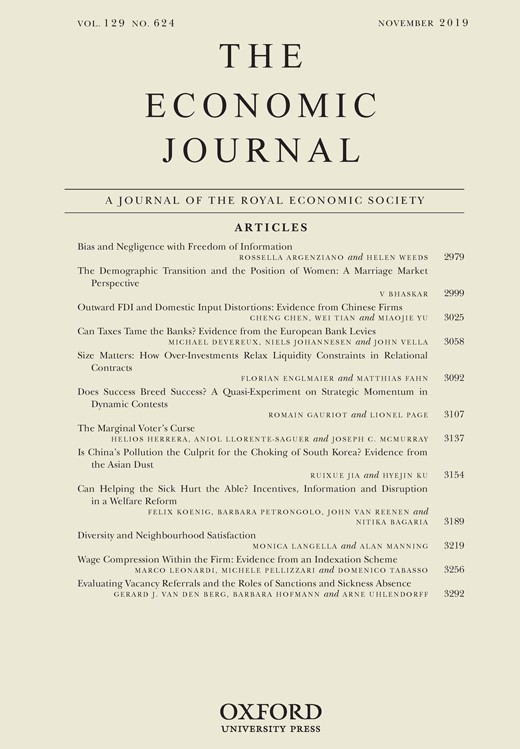
‘Outward FDI and Domestic Input Distortions: Evidence from Chinese Firms’
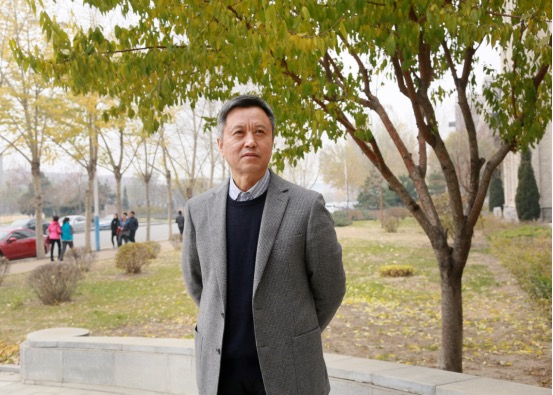
Professor Mu Huaizhong's book Research on the Unification and Moderate Level of Basic Pension Insurance Payment Rate extracts the core model of the moderate level of basic pension insurance payment based on the principles of national wealth distribution and labor equity. The book Conducts four tests of the rationality of the appropriate level of payment for economic development compatibility, welfare maximization, intergenerational overlapping population structure income balance, and payment and payment balance. Using indicators such as population aging and the gap in binary labor welfare, a ‘two-stage’ adjustment path is set up to analyze the ‘three fit’ adjustment path of the degree of alignment between basic pension insurance contributions and the burden capacity of individuals, enterprises, and government subsidies. Proposing a unified and moderate level of ‘four linkage’ implementation mechanism, including linkage between adjustment of payment rate and reduction coefficient of payment expansion, linkage between surplus payment income and low-income subsidies, linkage between adjustment of payment expansion coefficient and rational upgrading of industrial structure, and linkage between adjustment of payment rate and consolidation of payment base as well as constructing a model for the moderate level of residual fiscal subsidies in the replacement rate of pension insurance, calculating the ‘four levels’ of fiscal subsidy demand for the unified payment rate of basic pension insurance, analyzing the balance between the moderate level of fiscal subsidies and the demand for fiscal subsidies, and determining the feasibility of the moderate unified payment rate of basic pension insurance. Finally, the book proposes countermeasures and suggestions such as reasonable planning of unified payment rates to promote national pooling of pension insurance, and determining supply side reform rate reduction standards based on moderate payment levels.
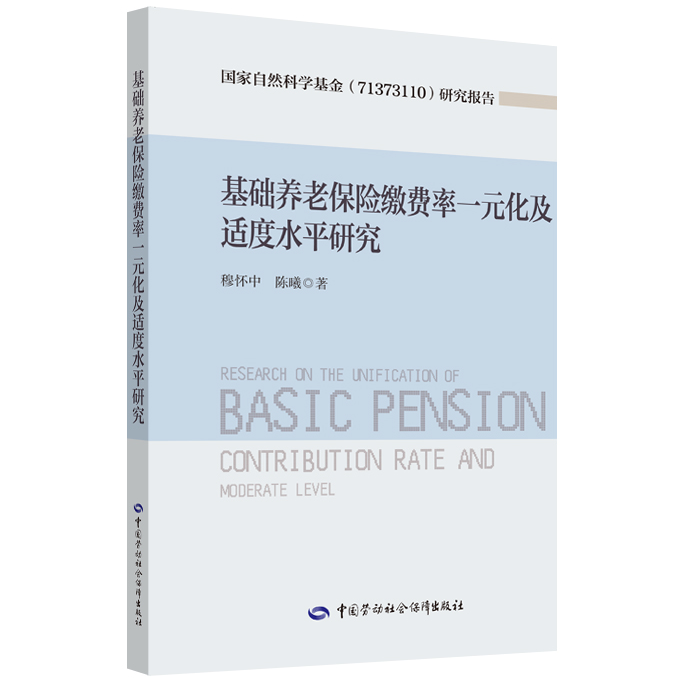
Research on the Unification of Basic Pension Contribution Rate and Moderate Level
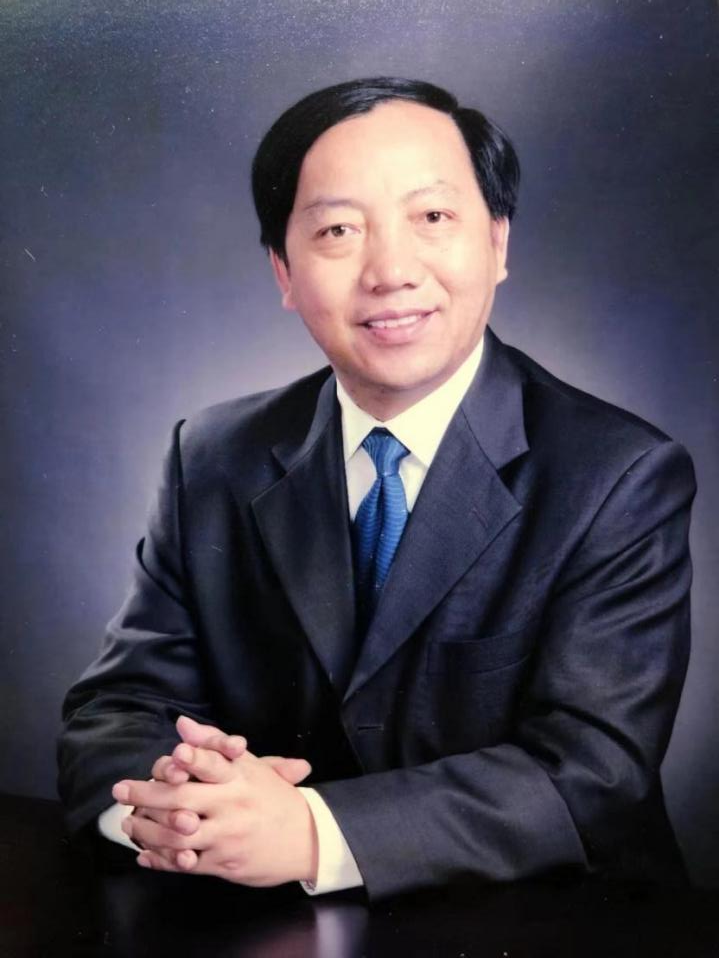
Professor Liu Jianwen's book Public Finance Supervision in the New Era of Rule of Law is based on the theoretical perspective of financial and tax rule of law, with the theory of fiscal control as the core and cross disciplinary research combined with practice. The research focuses on international comparison, Chinese context, and the path of rule of law, forming the final research results. Firstly, it compares and draws on international experience to explain the legal concepts and technical rules of the public financial supervision system. Starting from the theoretical foundations of finance and public law, based on the position of democratic constitution and rights protection, and by examining the historical process of the development of financial supervision systems in major developed and emerging countries, universal experience and legal principles are summarized. Secondly, based on the Chinese context and with the sustained high-speed growth of fiscal revenue as the background, this paper explores the historical evolution and special issues during the transition period of the public finance supervision system, and rationally reviews and sorts out the gains and losses of China's public finance supervision system; it also explores the constraints and supervision of fiscal activities on a wide range, wide caliber, and full process, with legislative supervision as the core and judicial supervision as the guarantee, strengthening audit supervision and administrative accountability, and improving media supervision and citizen supervision. Thirdly, proposing strategic suggestions, using the technological transformation and mechanism construction of public finance supervision as a framework, to reasonably choose the mode of financial supervision institutions, and form systematic legal rules. Also, researching on public finance supervision in the fields of technical management and traditional revenue and expenditure management, to explore the constitutional level public finance supervision system, including the reasonable allocation of supervisory power in legislative, administrative, and judicial organs, as well as the legitimacy and interrelationship of specialized agency supervision and media social supervision.
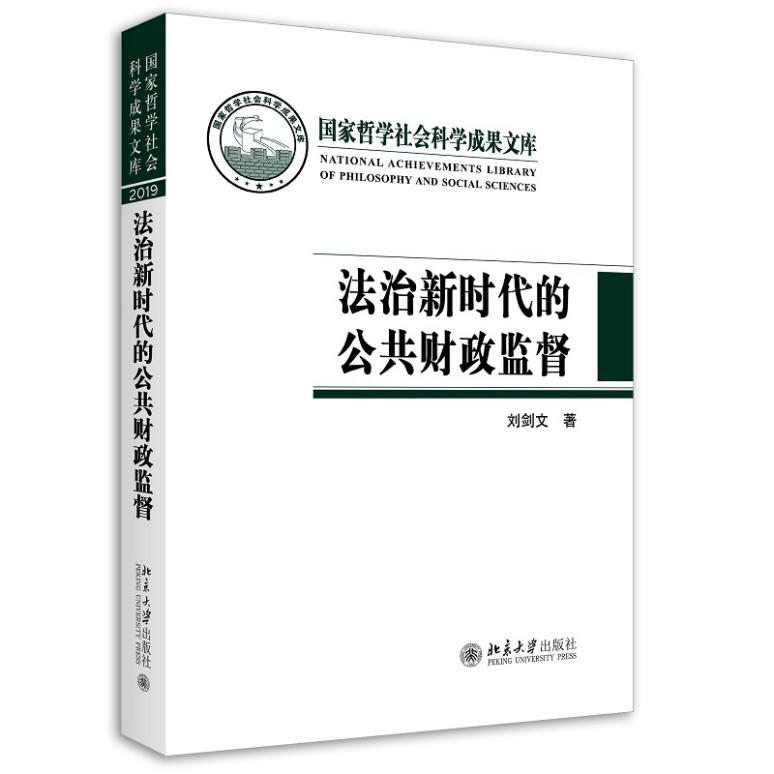
Public Finance Supervision in the New Era of Rule of Law
The ‘Science Research Excellence Award in Higher Education (Humanities and Social Sciences)’ of the Ministry of Education aims to recognize and reward outstanding achievements made by philosophical and social science workers in higher education, showcase significant theoretical and practical achievements in serving the development of the Party and the country in the field of social sciences, and promote the acceleration of the construction of Chinese characteristic philosophical and social sciences in universities. The award was established in 1995. It is held every three or four years and has been successfully conducted nine times.